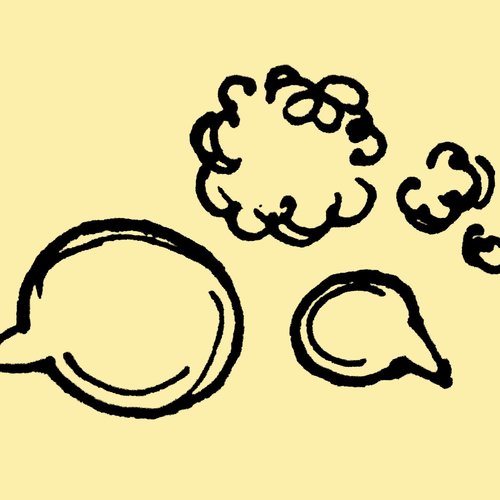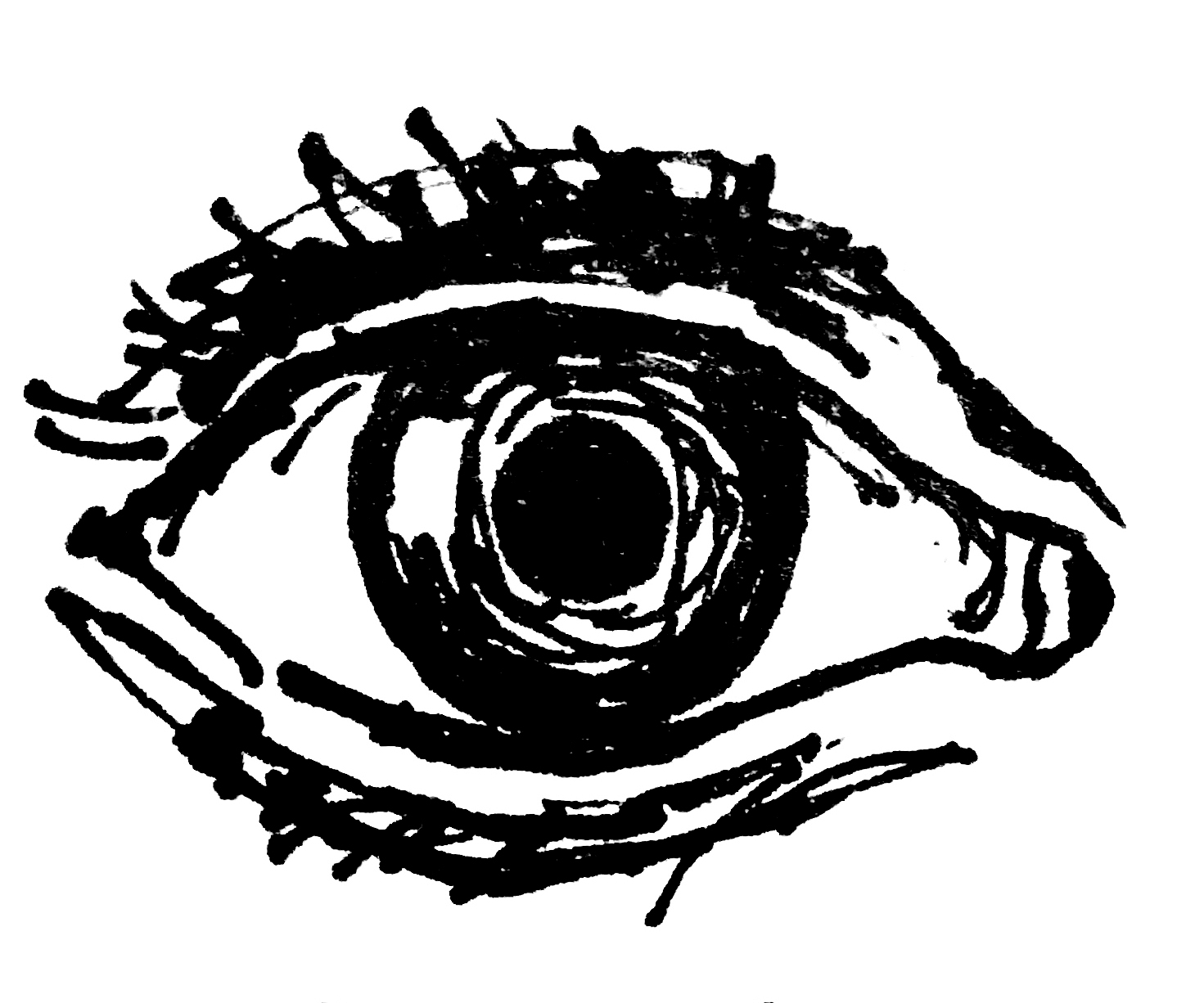Glossary Terms
A personal glossary of concepts associated with my teaching practice. These terms are key ideas that guide my teaching philosophy and ways of being.
VISIBILITY – a state where you feel seen and heard; your individuality is recognized through observation, acknowledgement, & individualization. Through this reassuring feeling, you are better equipped to follow your own paths and become an observant learner in your own world, extending visibility to others.
ILLUMINATE – to brighten, shine, and glow. The act of dispelling the darkness and greeting your surroundings. Can be aided through reflection and interaction – personal and communal. Involves discovery and clarification, but also necessitates the initial presence of the unknown.
RHIZOMATIC – denotes growth, learning, and divergence. A concept of knowledge that accepts multiplicities and fluidity. You may experience continuously evolving connections and understandings, simultaneously building upon and diverging from what you already know.
COMMUNITY – a shared feeling of support and belonging. Involves consistent reassurance from others, but does not demand constant agreement. Ideal communities include many different views and a foundational respect for these variety of opinions. It takes time to build a community, but these connections can last long after the physical gathering of the community.
FRAMEWORK – the construct and composition that supports a structure. The framework influences the result, as it an initial and formative portion. In this same way, our mental frameworks influence our perspectives and actions; a lens through which we see. It is essential to understand and acknowledge that we all inhabit frames, and to persist beyond these structures.
INTENTIONALITY – the act of carrying out purpose and deliberation. Is associated with a sense of direction and momentum towards an outcome. Intentionality does not entail constant rigor; time can intentionally be spent without purpose or direction, which in itself has its own purpose. Intentions can vary among individuals, and it is up to each person to determine what meaning to work towards.
INQUIRY – asking questions and being curious. Aimed in the pursuit of knowledge and understanding: of others, your surroundings, and yourself. Inquiry involves critical thinking while formulating answers and entails careful listening when receiving information.
CRITIQUE – a format for reviewing work that includes critical yet constructive feedback. Assists the student in question in developing ideas. The assessment is designed for collaborative analysis in order to build shared knowledge and divergent understanding.
PREV /









